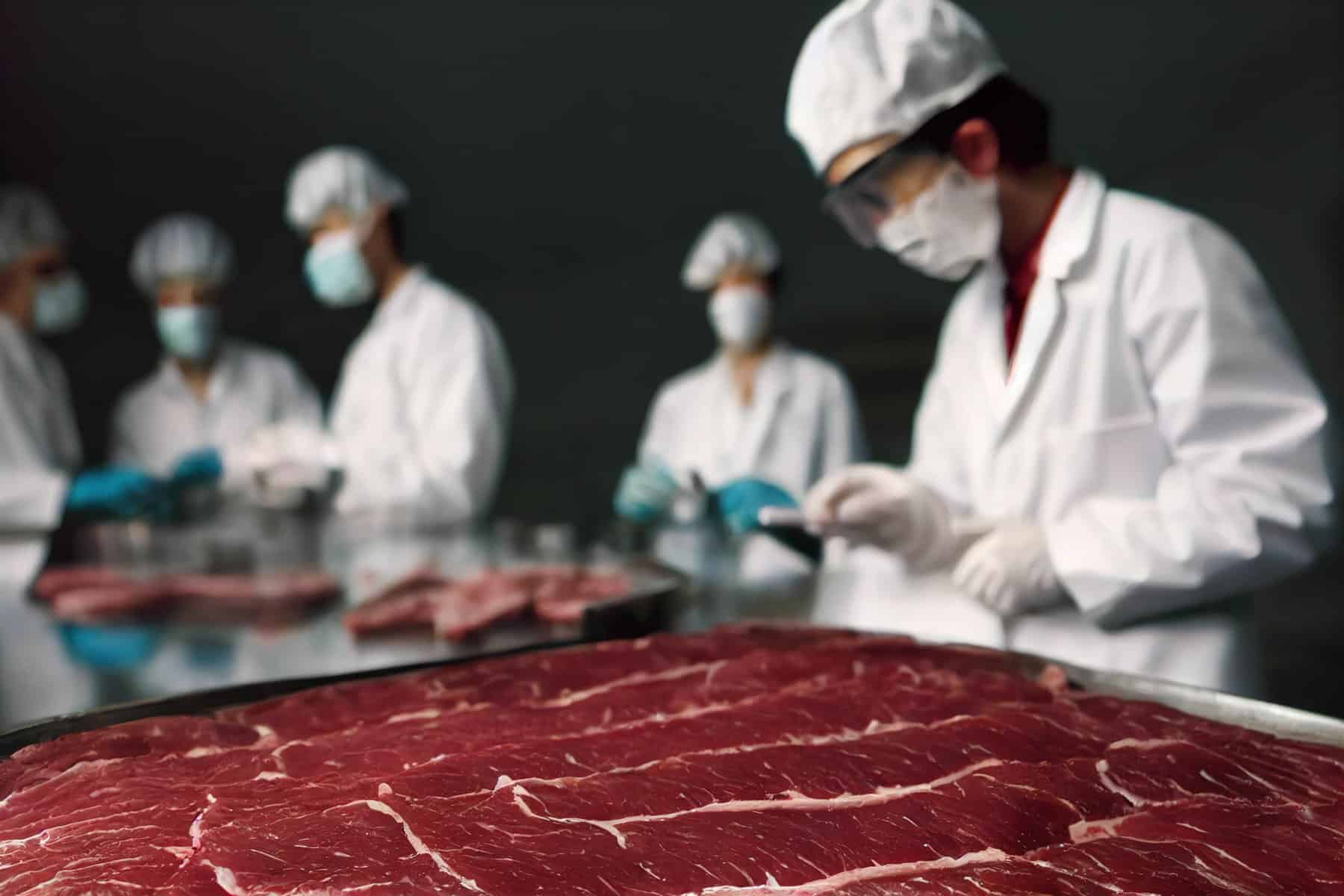Can Blockchain Solve Traceability and Compliance Issues in Cultivated Meat?
A study published in Trends in Food Science & Technology examines the role of blockchain technology in the cultivated meat sector, with a particular focus on transparency, traceability, and regulatory compliance. The research, conducted by Sina Ahmadi Kaliji, Ashkan Pakseresht, and Jean-François Hocquette, explores how blockchain could address challenges related to consumer trust, food safety, and regulatory oversight in the emerging cultivated meat industry. While blockchain has been increasingly used …










